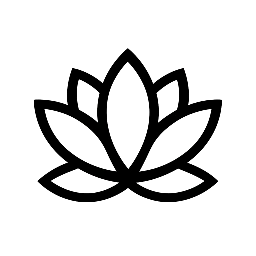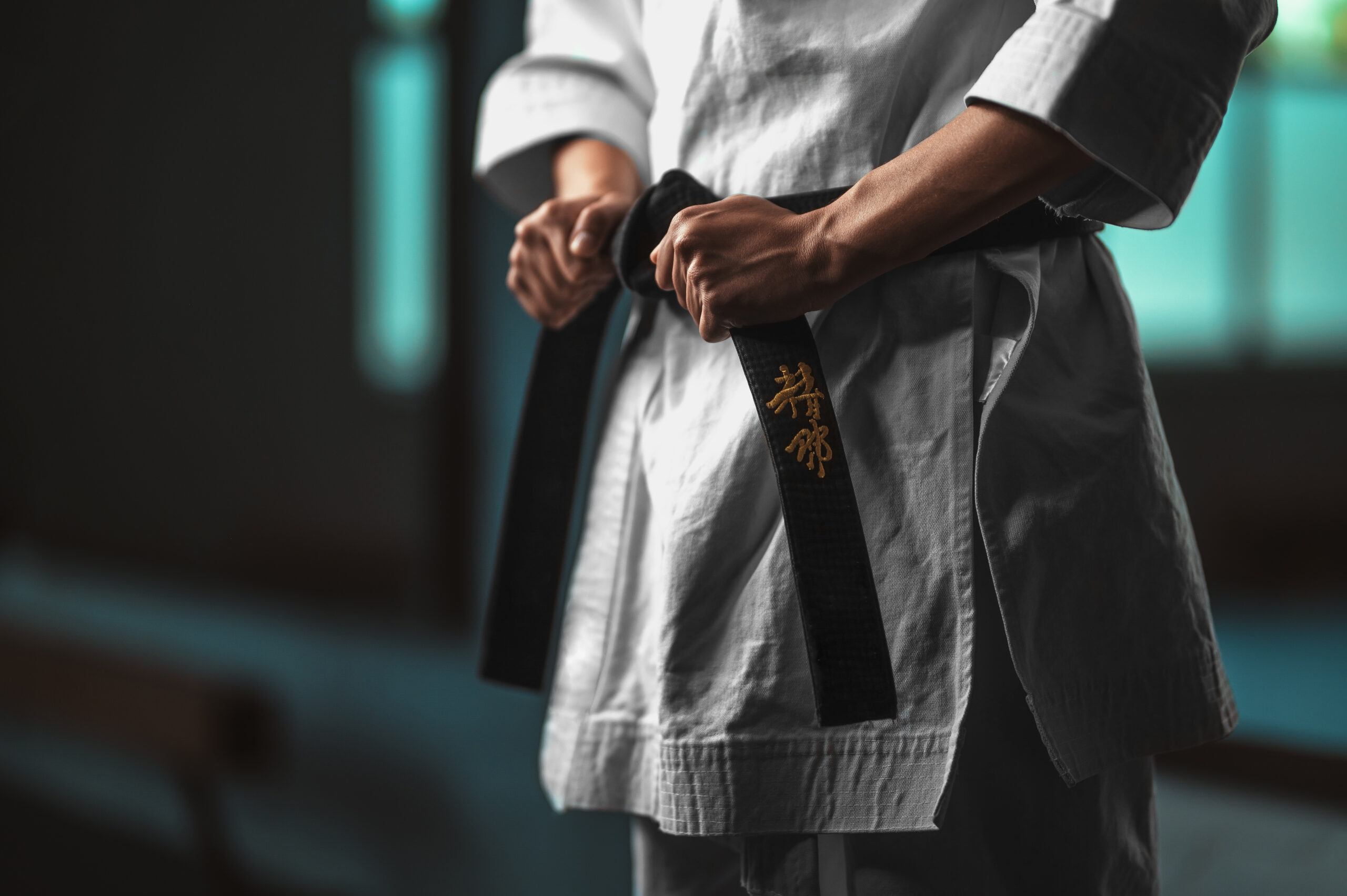The Spiritual and Physical Health Benefits of Karate: A Path to Wholeness
Karate is far more than a martial art; it is a discipline of body, mind, and spirit that has been practiced for centuries. Originating from Okinawa and influenced by both indigenous fighting systems and Chinese martial arts, karate has evolved into a global practice with millions of adherents. While many are drawn to it for self-defense or athletic prowess, karate offers a deep well of physical and spiritual health benefits that can transform practitioners in lasting ways.
I. The Physical Health Benefits of Karate
Cardiovascular Fitness and Endurance
Karate training involves dynamic movements, combinations of punches, kicks, blocks, and footwork. These high-intensity activities raise the heart rate, contributing to improved cardiovascular health. Regular practice conditions the heart and lungs, enhances oxygen circulation, and increases stamina over time.
Strength and Flexibility
Each kata (a choreographed pattern of movements) and kumite (sparring) session works multiple muscle groups. Repetitive strikes build muscular strength, especially in the core, legs, and arms. Simultaneously, karate places a strong emphasis on flexibility—through stretching, high kicks, and smooth transitions between stances—which helps reduce injury risk and improves range of motion.
Coordination and Balance
Karate refines neuromuscular coordination through complex movement patterns that require timing, rhythm, and precision. The shifting of weight during stances and kicks also cultivates balance. These skills are especially beneficial for children in developmental stages and for older adults to prevent falls.
Weight Management and Metabolism
As a calorie-burning activity, karate supports healthy weight management. High-intensity drills and regular classes contribute to fat loss and increase muscle mass, which in turn boosts basal metabolic rate (BMR). Over time, practitioners may see improvements in body composition, energy levels, and general fitness.
Injury Prevention and Posture
Karate promotes correct body alignment and strengthens stabilizing muscles, which supports joint health and posture. The awareness of body mechanics can help practitioners avoid repetitive stress injuries, not just in karate but in everyday activities.
II. The Mental and Emotional Benefits of Karate
Stress Reduction
The rhythmic breathing, focused movements, and physical exertion involved in karate act as a natural release valve for tension. Like other forms of exercise, karate stimulates the production of endorphins—our brain’s feel-good chemicals—which help to combat anxiety and depression. The meditative aspects of training also promote mindfulness, grounding the practitioner in the present moment.
Emotional Regulation
Karate teaches discipline and self-control, often through structured dojos that emphasize etiquette and respect. Students learn to channel aggression into controlled techniques rather than emotional outbursts. Over time, this helps build emotional intelligence and resilience, which are vital for navigating life’s challenges.
Improved Focus and Cognitive Function
Whether performing a kata or reacting in a sparring session, karate demands total concentration. The necessity to remain alert and adapt quickly to changing scenarios sharpens attention span, reaction time, and problem-solving abilities. Many practitioners report enhanced mental clarity and improved performance in academic or professional settings.
III. The Spiritual and Philosophical Benefits of Karate
While karate is not a religion, its roots are steeped in Eastern philosophies—particularly Zen Buddhism and Confucianism. At its core, karate is a spiritual journey, a path of self-mastery.
The Pursuit of Inner Peace
The ultimate goal of karate, according to many traditional schools, is not victory over others but mastery over oneself. Through rigorous practice and introspection, practitioners come to understand their fears, impulses, and inner strengths. The repetition of forms becomes a kind of moving meditation, helping students transcend ego and cultivate a deeper sense of peace.
Character Development and the Dojo Kun
Many dojos recite a set of ethical principles known as the Dojo Kun, which includes values like integrity, perseverance, respect, and humility. These principles are not confined to the training hall—they are intended to shape how students conduct themselves in everyday life. Over time, karate becomes a moral compass, guiding practitioners toward honorable and compassionate living.
Discipline as a Spiritual Practice
Karate demands consistent effort and patience. Progress can be slow and sometimes frustrating, but this process teaches the virtues of endurance, humility, and detachment from results—qualities celebrated in spiritual traditions worldwide. The belt system serves as a metaphorical journey: each level representing not just skill acquisition, but deeper personal growth.
Connection to Tradition and Ancestry
Karate connects its practitioners to a rich lineage of masters, warriors, and sages. Learning traditional forms and understanding their origins fosters a sense of continuity and belonging. This link to the past can inspire reverence, gratitude, and a sense of being part of something larger than oneself.
IV. Karate Across the Lifespan
Children
Karate is especially beneficial for children, helping them develop focus, discipline, coordination, and self-esteem. It often improves behavior, academic performance, and social skills. Importantly, children also learn how to manage conflict non-violently.
Adults
For adults, karate provides a vital outlet for stress and a holistic workout that maintains physical and mental health. It is also a powerful tool for personal development, confidence, and maintaining a sense of purpose.
Seniors
Modified karate programs for seniors emphasize balance, gentle movement, and mindfulness, contributing to longevity, mobility, and emotional well-being. Seniors often find joy and community through practice, even later in life.
V. Karate in the Modern World: A Path to Wholeness
In a world increasingly defined by disconnection—from our bodies, from each other, and from nature—karate offers a way back. It integrates the physical, mental, and spiritual aspects of health into a single practice. Whether you’re throwing a punch, breathing into a stretch, or bowing to a fellow student, each moment in karate can become a sacred act of attention and transformation.
This integration makes karate not just a sport or hobby, but a lifelong path toward wholeness.
In Conclusion
Karate’s value goes far beyond the dojo. It cultivates physical vitality, mental clarity, emotional balance, and spiritual depth. As both an ancient discipline and a modern practice, it continues to offer timeless wisdom to those willing to walk its path. Whether you’re a beginner seeking fitness, a seeker craving meaning, or a seasoned martial artist refining your soul, karate holds the potential to enrich your life in powerful and lasting ways.
In the end, the greatest opponent is not found outside—but within—and karate teaches us how to face that challenge with grace, strength, and serenity.


Leave a Reply